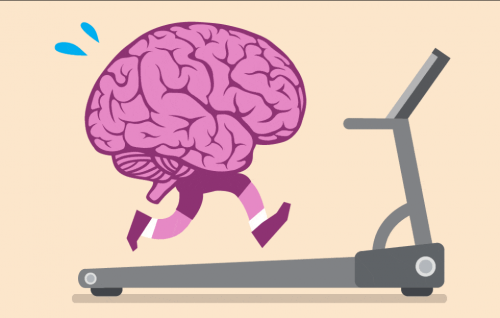As we get older, it is crucial to not only place an emphasis on maintaining our physical health, but we also have to take care of our cognitive health as well. Cognitive health is essential for performing daily tasks and activities, so here are five ways you can improve your memory and maintain overall brain function:
- Play Thinking Games: Your brain is a muscle and, like any other muscle, it needs to be trained to stay strong! Training your brain can help improve memory and keep you sharper for longer periods of time by creating “cognitive reserves.” These reserves may help the brain become more adaptable in some mental functions so it can compensate for age-related brain changes and health conditions that affect the brain.
- Manage Stress: Stress is a natural part of life, but too much can have a negative impact on your physical and cognitive health. Chronic stress can change the brain, affect memory, and increase the risk for Alzheimer’s and related dementias. To help manage stress, try relaxation techniques, writing in a journal or light exercise.
- Challenge Your Memory: Regularly engaging in memory exercises can help improve cognitive performance and boost short- and long-term recall. Try to memorize a list or a popular song and test yourself an hour later to see how much you got right!
- Engage in Meaningful Hobbies: Doing what you love isn’t only emotionally beneficial, but it helps your brain function as well! Connecting with others who enjoy the same hobbies as you can keep your brain active and help you feel less isolated and more engaged with the world around you.
- Let’s Get Physical!: Taking care of your physical health is crucial to overall brain health. Take a walk outside, do some light yoga, or take a bike ride and release the endorphins that help stimulate old network connections.
As simple as these activities may be, they are all powerful ways to protect your brain, keep the mind active, and may lower the risk of Alzheimer’s-related cognitive impairment and dementia.




